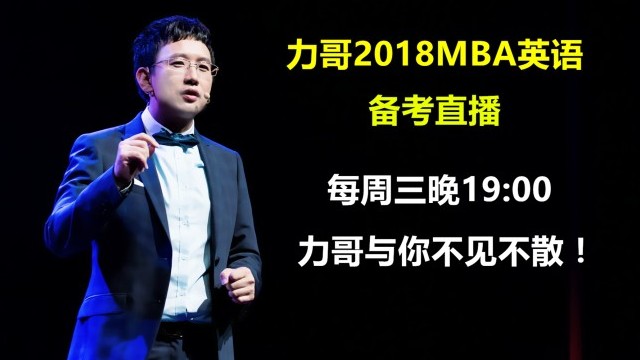考博辅导资料:考博英语阅读理解第四讲
Passage 4
The phrase "civil disobedience" is usually attributed to the nineteenth-century American philosopher Henry David Thoreau. Although the concept is unquestionably much older (its roots
lie in ancient Greek philosophy), the designation is nonetheless telling: people tend to credit Thoreau, an American, with the idea because civil disobedience, is a hallmark of American eth- ics and politics. The clash between the dictates of individual conscience on one hand, and the imperatives of civil law on the other, forms much of this country's history. Examples range from the incidents leading up to the Revolution through the many social protests of the 1960'S.
What constitutes an act of civil disobedience? First, an act of civil disobedience requires a formal legal structure that is enforced by the government. Second, it requires as its target a specific law or policy, rather than the entire legal system. This is true even if the protester's ul- timate goal is to alter radically the legal system; an act of civil disobedience must be directed against one concrete example of that system's inequities. The American civil rights movement, for example, first targeted discrimination on public transportation, then used its victories as a springboard to address other injustices. Third, the act must be done publicly, because the ef- fectiveness of such a protest depends on its ability to mobilize public sentiment against the protest's target. Finally, those protesting must understand the penalties their acts entail——us-ually jailing——and be willing to accept those penalties. This last requirement strengthens the act's effect on public opinion, since it serves to underscore the injustice of the protest's target.
21. The word "telling" in the 2nd sentence in paragraph 1 is closest in meaning to _____.
A) inappropriate
B) revealing
C) insignificant
D) challenging
22. In the passage,the author mentions that the civil rights movement _______.
A) focused its early efforts on public transportation
B) did not always practice civil disobedience
C) started in nineteenth century
D) used the Revolution of 1776 as its model
23. According to the passage, for which of the following reasons should civil protests be donepublicly?
A) To alter the legal system in radical way.
B) To uphold the imperatives of civil law.
C) To stimulate public support for a cause.
D) To announce the success of a previous act of civil disobedience.
24. The author suggests that when protesters go to jail _______.
A) it helps convince the public to support their cause
B) they usually do so unwillingly
C) it is because their protest has not gone according to plan
D) they are always released almost immediately
25. In the 2nd paragraph, the author ________.
A) argues that civil disobedience is unnecessary
B) provides an extensive history of civil disobedience
C) presents several differing viewpoints on civil disobedience
D) defines the concept of civil disobedience
Passage4
文章大意:
这篇文章一开始用著名哲学家梭罗引入“非暴力抵抗”这个概念。虽然这是一个古老的名词,但是它说明人们是想向梭罗表达敬意,因为“非暴力抵抗”一直是美国道德和政治的一个标志性的词语。在第二段中作者解释了什么行为是非暴力抵抗。首先,要求有由政府强制实施的正式法律体系。其次,这种行为针对的是某一个特定的法律或政策,而不是整个法律体系。第三,这种行为必须是公开的,因为它的有效性正是依靠激发民众的情绪。最后,抗议者必须理解他们的行为可能带来的惩罚,通常是坐牢,并且愿意接受这样的惩罚。
答案解析:
[21)B第一段第二句说明虽然这个概念由来已久,但是这种指示却能说明问题:人们是在赞扬梭罗,因为这个词一直是美国伦理和政治的标志性词语。
[22]A第二段第五句表明美国公民权运动在早期是针对公共交通方面存在的歧视。
[23]C第二段第六句表明这种抗议的效果主要是动员(mobilize)公众反对抗议的目标。
[24]A第二段最后两句说明抗议者必须明白他们的行为可能带来的惩罚,经常是坐牢。而且要愿意接受这种惩罚。这一点更增强了对公众的影响,使人们更加支持他们去反对抗议的目标。
[25]D第二段用设问句开始,下面分四点回答了什么是“非暴力抵抗”。
- 相关热点:
- 初中八年级











